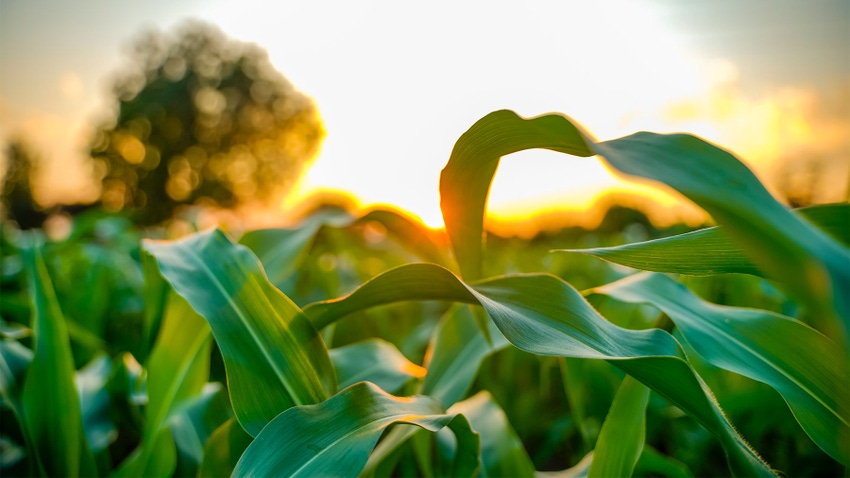February 14, 2024

It has become increasingly obvious that climate challenges pose a variety of threats. From the extremes of flooding and drought to new pests and diseases, the environmental conditions farmers contend with are increasingly difficult to manage.
But a new partnership among the plant coalition (Michigan plant agriculture organizations), the Michigan Department of Agriculture and Rural Development, and Michigan State University is aimed at helping Michigan plant agriculture mitigate and adapt to climate change, while promoting environmental sustainability and the protection and efficient use of the state’s water resources.
The Agricultural Climate Resiliency Program — which operates through MSU AgBioResearch and MSU Extension — was established in 2024 through the MDARD budget with $1 million in recurring funds to support faculty and Extension positions.
A one-time investment of $5 million will go toward a competitive grants program, in which MSU researchers and Extension specialists can apply for three-year grants of up to $1.25 million.
“This initiative really began in about 2016 when Michigan agriculture leaders got together and discussed research that could cut across commodities,” says Jim Zook, executive director of the Corn Marketing Program of Michigan.
“Existing programs have done a nice job of meeting specific industry needs, but we needed something that would support longer-term research for the betterment of Michigan agriculture as a whole. It’s essential to involve growers in this process because they’re the ones who have dedicated their lives to these industries, and MSU does a great job of working with them directly.”
In Michigan, agricultural industries are dealing with both short- and long-term issues, but most funding has been provided to address urgent needs.
For MSU leaders, the program represents an opportunity to position the university at the forefront of climate and water research, while delivering practical strategies to growers.
“Research will be multidisciplinary and geared toward sustainable approaches such as regenerative agriculture, because we know that bolstering the resiliency of our agricultural systems in the face of new challenges is essential to Michigan and beyond,” says George Smith, director of MSU AgBioResearch.
Proposals for the first set of projects are due March 1 and will be evaluated by a panel of experts from MSU, MDARD and the plant coalition.
“It’s important that this work is grounded in the field and applicable to farms across our state,” says Quentin Tyler, director of MSU Extension. “We want growers to be embedded into the program, helping to define the program’s goals that ultimately meet their needs. Through MSU Extension’s presence in all 83 Michigan counties, we can ensure that our entire agricultural community has access to the research outcomes generated by the climate resiliency program.”
In addition to competitive grants, one of the program’s objectives is to increase MSU’s knowledge and expertise in strategic areas of climate and water science. This involves a cluster hire of six new faculty positions and two Extension educators with the $1 million state of Michigan recurring investment. Startup packages are being supported in part by funds from the MSU Office of Research and Innovation and the Global Impact Initiative.
The faculty roles, which will be housed in departments within the College of Agriculture and Natural Resources, will focus on:
groundwater use and availability for agriculture
water quality with emphasis on nutrient flow and retention in surface water and soil
economic impact of climate change on Michigan farms and programs focused on climate change adaptation and mitigation
life cycle analysis of agricultural systems — greenhouse gas emissions, impact of management, cost of inputs — with the goal of identifying return on investment for farmers
modeling the impact of climate change on pest emergence and management
modeling climate-smart agricultural management practices using remote sensing, climate data, soil information and more.
One of the Extension educators will develop programming on conservation-focused crop production that improves soil health and carbon sequestration. The second educator will lead educational efforts on how precision agriculture approaches such as remote sensing and statistical models can improve soil health and reduce input costs.
On top of these eight positions, an additional six faculty members will be hired with support from the MSU Office of the Provost.
Source: MSUE
Read more about:
ExtensionYou May Also Like




